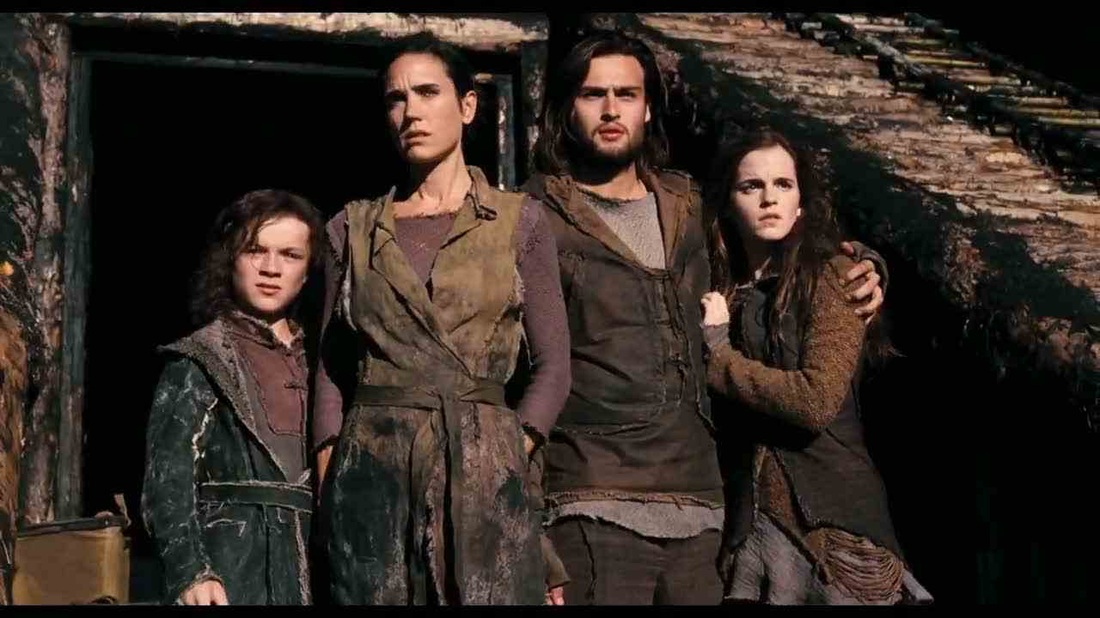1) The trailer creators are working with an incomplete product.
Often the first trailer is finished before the film has even completed shooting, and most of the trailers are definitely created before post production is completed.
2) Movie Trailers only show potential.
Because the trailer creators are using an incomplete product they are forced to illustrate “what may be” instead of what actually is. The trailer creators see the footage thus far and sometimes have the script in hand. From this they assemble it to show where they think the film is headed. Or they may emphasize one aspect of the film such as the action, the love story, or the danger.
3) Trailer creators are very good at their jobs.
We cannot fault the trailer creators for making us want to see a film. This is their job and they are very good at it. Imagine if they created a trailer that made us not want to see the film. Then people wouldn’t see it, that film wouldn’t make the money to recoup its cost, and some poor editor may lose his or her job.
Today, and this weekend, I am going to invite you to participate this discussion. I will show you two trailers to Noah below, I will analyze some key points, and then I would love to hear your thoughts about what these trailers are trying to express and what you hope to see in the comment section. You may also leave your comments on our Facebook page which you can access by clicking this link: Facebook Link. Then, later this weekend, I encourage you to see this film and return to our website on Monday for my movie review of Noah. You may share what you liked and didn’t like and see how accurate your and my analyses were. Here are the trailers:
For many who already know the story of Noah this is clearly a Biblical epic film. The Biblical epic was a form highly utilized in the 50s and 60s and gave us such greats as Ben-Hur, The Ten Commandments, and The Greatest Story Ever Told. These films were critically acclaimed and lauded for their artistic expression of Biblical narratives. They put these grandiose stories on display in a scale they deserve and I feel this is what Darren Aronofsky, director of Noah, is trying to accomplish.
Disaster Movie
Now, let us not forget that at the heart of the Biblical story, Noah is a disaster film. After all, the destruction of the entire world by a flood would be pretty disastrous. Disaster movies also have a grand scale and must be careful in their use of special effects. We want to be caught up in the spectacle not pushed out of the film by an unbelievable special effect sequence. The effects in this movie look to be top notch and the way the trailer builds up from puddles on the ground, to rain, to geysers, to flood gives me hope that the film will build in intensity culminating with one great spectacle.
Artistic License
If you watched both trailers you may have noticed something different at the end of the second one. A message that essentially says: this film is based on the Biblical story of Noah but artistic license has been taken to create the story portrayed in this film. To this I would like to say: of course artistic license was taken. Artistic license is always taken with every film because film is an artistic medium. Some things that seem to be artistic license are: the love story between Emma Watson’s character and one of Noah’s sons, the townspeople violently opposing Noah, and even the age of Noah’s sons. This does not, however mean that they are trying to destroy the story of Noah. If anything it serves to make it more palpable to the general viewer and get the message behind the film to a larger audience.
So, what are your thoughts about these trailers? Do you think Noah will live up to the hype? Please leave your thoughts in the comments section provide below, and join us Monday for the review of this same film.


 RSS Feed
RSS Feed
